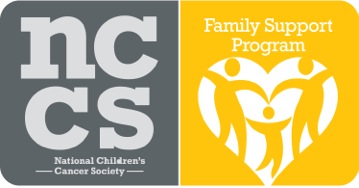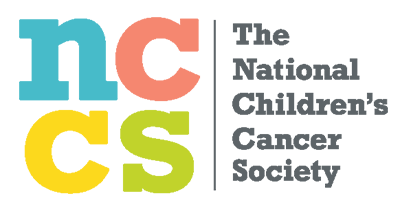Information and Support During Treatment
Meet Avery - Lymphoma warrior
Family Support Program
Learning your child has cancer creates an emotional rollercoaster for you and other family members. As treatment continues, it’s common for emotions to stabilize. While life is never quite the same, a “new normal” will develop.

Our Family Support Program helps ease the emotional strain a childhood cancer diagnosis takes on families by providing a case manager who stands by a family’s side throughout their journey. NCCS case managers are trained in providing practical and emotional support to parents and caregivers. These dedicated individuals offer support during difficult times, educate parents and caregivers on how to best advocate for their child and provide referrals when needed.
We are here to help! Call 800-5FAMILY to speak with a NCCS case manager.
The organization hosts a private Facebook group that provides a compassionate and supportive environment for childhood cancer survivors and their parents/guardians. The group provides a safe place to connect with peers, share tips/resources and provide or receive encouragement.
Our Mentoring Program pairs a younger child in treatment (ages 10-17) with one of our scholarship recipients. Mentors will offer their support and time to encourage their mentee as they face the challenges of childhood cancer. They will be a knowledgeable and experienced guide, a trusted ally and caring role model.
One mom whose child is participating in the program describes her son’s experience as, “Amazing! I think a great benefit will be my son seeing his mentor as an inspiration for his future.”
The program runs September-April each year. For more information please contact PFS@thenccs.org.
You can also find helpful information in our many free publications. “The Other Side of the Mountain” was developed for parents and families throughout each phase of their child’s treatment, along with other important aspects of life-from emotional struggles and spiritual growth, to health insurance, school and family.
If you are having continued difficulty coping with your child’s diagnosis and/or treatment, speak with the healthcare professionals at your child’s hospital. Seeing a counselor is always helpful and can be located through professional organizations such as the American Counseling Association; 800-347-6647.
